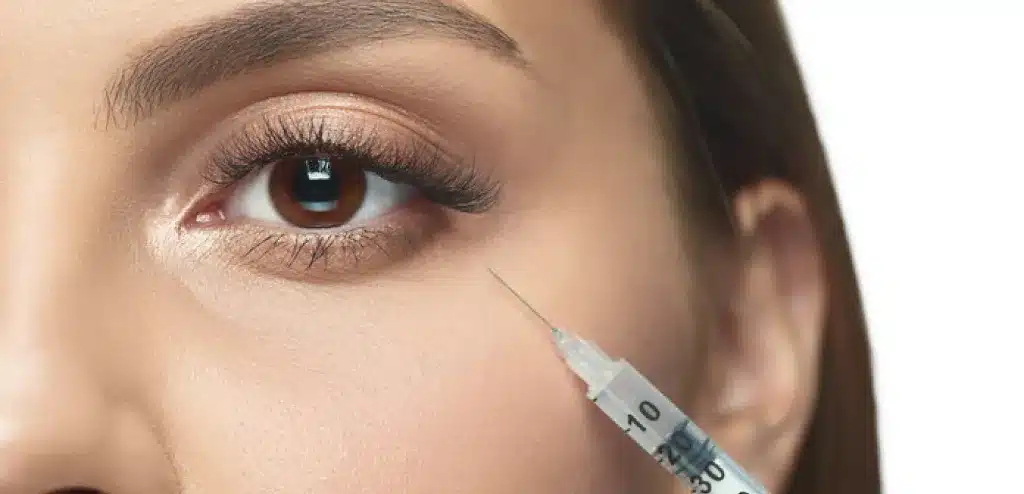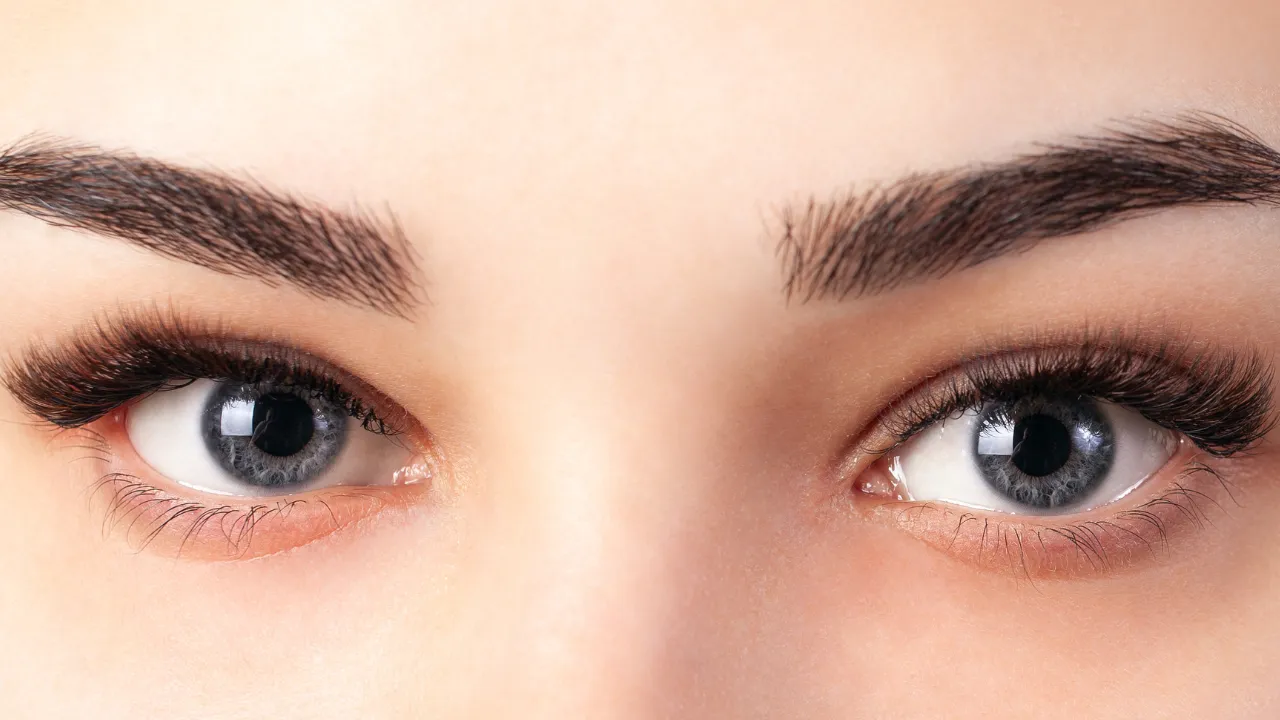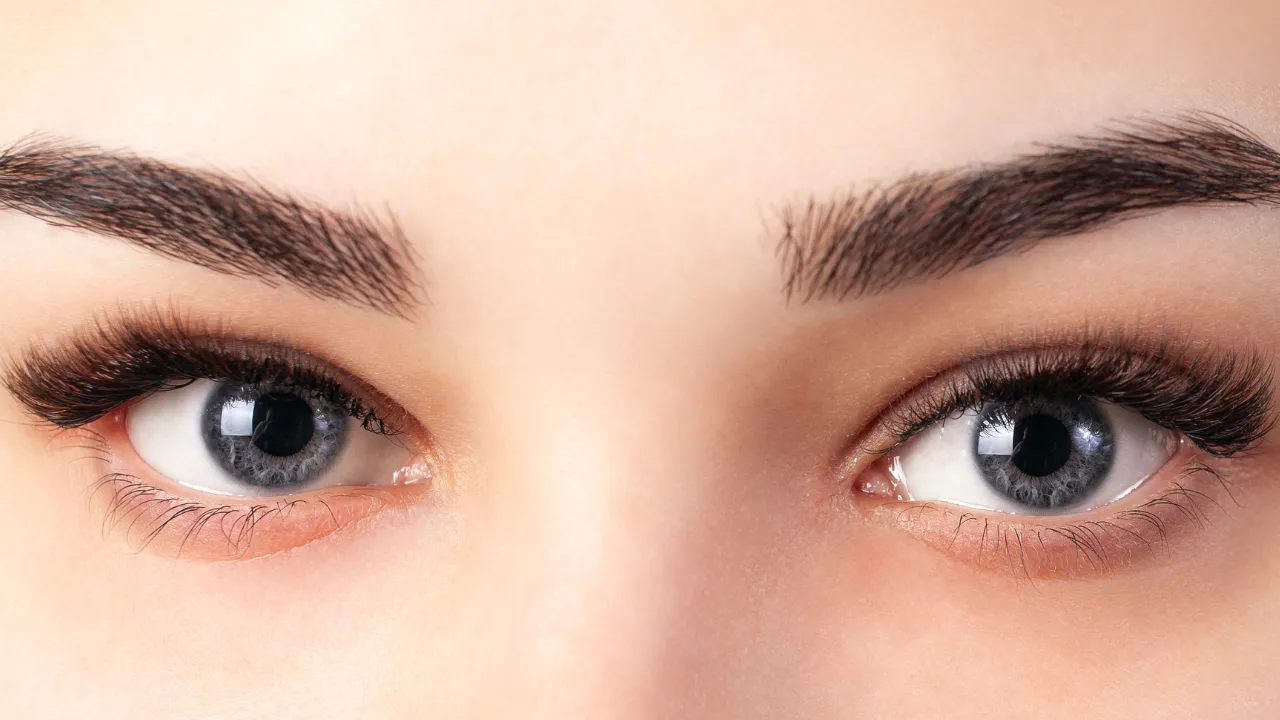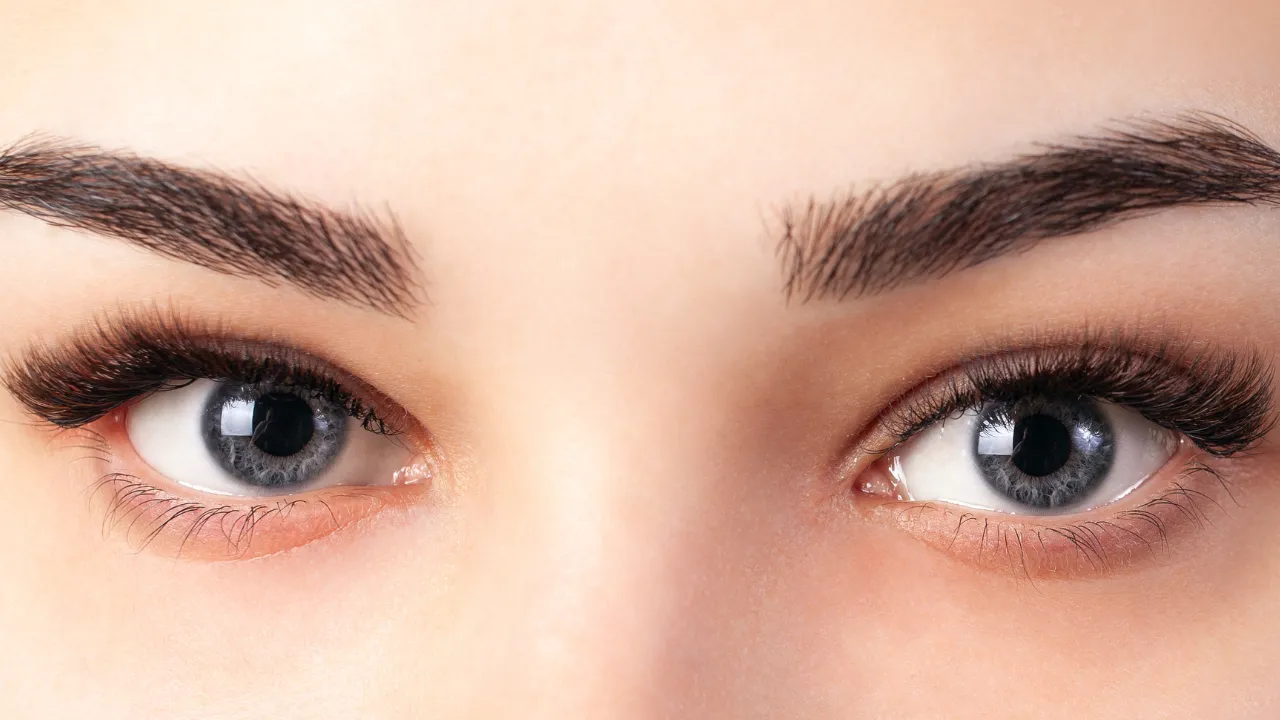Blepharoplasty, or eyelid surgery, can sometimes be tax-deductible in the United States. If drooping eyelids block vision or cause discomfort, the IRS may let you deduct the cost of the surgery. You can read more about how droopy eyelids can affect vision to understand when eyelid conditions qualify for medical consideration.
But if the procedure is done only for appearance, it doesn’t qualify. You need proof from your doctor showing the surgery counts as medically necessary for your general health. Anyone asking: Is blepharoplasty tax-deductible? should read IRS Publication 502 and talk to a tax professional before filing a tax return.
At Kopelman Aesthetic Surgery in New York City, Dr. Joel Kopelman is known for his skill in facial and eyelid surgery. He helps patients look natural while improving vision and comfort.
This guide explains when eyelid surgery may qualify for a medical expense deduction, what qualified medical expenses count, and how to follow IRS rules. Also answers related questions such as is plastic surgery tax deductible?, and explains how procedures like blepharoplasty can qualify when they meet medical standards.
Key Takeaways
- Blepharoplasty can be tax-deductible when it fixes a medical issue like drooping eyelids.
- The IRS lets you deduct medical expenses when surgery treats a health condition, not when it’s only for looks.
- You must prove the surgery counts as medically necessary.
- Only expenses tax-deductible above 7.5% of adjusted gross income qualify as an itemized deduction.
- Talk with Dr. Kopelman and a tax expert to make sure your claim follows IRS standards.
Table of Contents
ToggleWhen Plastic and Cosmetic Surgery Qualifies
IRS Rules on Cosmetic vs. Medical Procedures
The IRS separates medical and cosmetic surgeries. You can deduct cosmetic surgery if it fixes problems caused by trauma or a disfiguring disease, or birth defects. These procedures restore normal function and improve health. Cosmetic work done only for looks does not qualify.
Dr. Kopelman’s View on Medical Need
Dr. Kopelman explains that eyelid surgery is sometimes needed when drooping skin blocks vision or causes eye strain. In those cases, it can count as a medical expense deduction.
When Blepharoplasty Is Tax Deductible
Blepharoplasty can be deductible if it restores vision or relieves discomfort. To understand when it qualifies as a medically necessary blepharoplasty, review IRS guidelines and consult your doctor. The IRS requires records showing it counts as medically necessary.
Examples of Deductible Cosmetic Procedures
Some surgeries qualify because they treat real health issues. These include breast reconstruction after mastectomy, nasal surgery for breathing, jaw repair after injury, and cleft palate correction. They improve general health and qualify as tax-deductible expenses under IRS rules.
Medical Necessity and Insurance Coverage
Is Blepharoplasty Covered by Insurance?
Insurance may cover eyelid surgery when it improves vision or reduces discomfort. Most insurers need vision tests and photos that prove medical need. Learn more about how to get insurance to pay for eyelid surgery and what documentation is required before submitting your claim. Cosmetic eyelid surgery must be paid out of pocket.
Proof and Required Documents
To deduct medical expenses, keep:
- A doctor’s note describing how eyelids affected vision.
- Photos showing improvement.
- Vision test results confirming blockage.
These records help you when including the cost on your tax return and show that your surgery counts as medically necessary.
IRS Limits and Eligible Expenses
7.5% AGI Rule
You can deduct medical expenses, including surgeries, only if they exceed 7.5% of your adjusted gross income (AGI). For example, if your AGI is $80,000, you can claim only costs above $6,000 as an itemized deduction.
Eligible vs. Non-Eligible Costs
You can include surgeon fees, anesthesia, hospital stays, and medicine. Non-deductible costs include Botox or lifts done only for looks. Knowing which medical expenses are tax-deductible helps you file correctly.
Are Cosmetic Procedures Tax Deductible?
Most cosmetic procedures are not deductible unless they fix a health problem. The IRS allows you to deduct medical expenses that restore body function or improve general health, not those done for appearance only.
Business Deductions and Legal Cases
Some people try to claim surgery as a business expense if their looks affect their income, such as actors or models. Most are denied because the IRS classifies them as personal, not qualified medical expenses.
A well-known case involved an entertainer who tried to deduct breast implants as a business cost. The court denied it, ruling that cosmetic procedures must be medically necessary for a medical expense deduction.
IRS Audits and Denials
Many tax claims fail because there’s not enough medical proof. Without doctor documentation, the IRS usually denies them. Keeping complete records and knowing how to deduct medical expenses helps avoid problems.
If audited, show your doctor’s report, photos, and test results. Organized paperwork proves the surgery counts as medically necessary and qualifies as a tax-deductible expense.
Preparing for a Tax Claim Review
If you plan to include eyelid surgery on your tax return, gather your documents early. Keep receipts, doctor notes, and test results in one place. List the costs under “Medical and Dental Expenses” as an itemized deduction.
Before filing:
- Save all receipts and medical records.
- Check that your expenses exceed 7.5% of AGI.
- Ask your tax preparer about qualified medical expenses.
These steps make including the cost of surgery simple and accurate.
Practical Examples
Real Case
A patient had eyelid surgery after a doctor confirmed drooping skin blocked 40% of her vision. With records and test results, the IRS accepted her medical expense deduction because the surgery restored her sight and general health.
Vision Correction
Another patient had blepharoplasty after tests showed vision loss. It counts as medically necessary, allowing her to deduct the cost as part of her qualified medical expenses.
Functional vs. Aesthetic Procedures
Functional surgeries fix issues caused by trauma or a disfiguring disease, while aesthetic ones improve appearance.
Patients thinking about eyelid surgery should review both medical and tax details with their doctor. Dr. Kopelman, a board-certified eyelid surgeon, offers trusted care and clear advice. For those asking is cosmetic surgery tax deductible, the answer depends on proof, medical need, and IRS rules about qualified medical expenses.
Kopelman Aesthetic Surgery remains a reliable choice for patients seeking safe results and guidance when including the cost of medical procedures that qualify as expenses tax deductible under IRS law.
To learn more or find out if your procedure may qualify, schedule a consultation with Dr. Joel Kopelman at Kopelman Aesthetic Surgery in New York City. His expertise in eyelid and facial surgery ensures safe, natural results tailored to your needs.



























